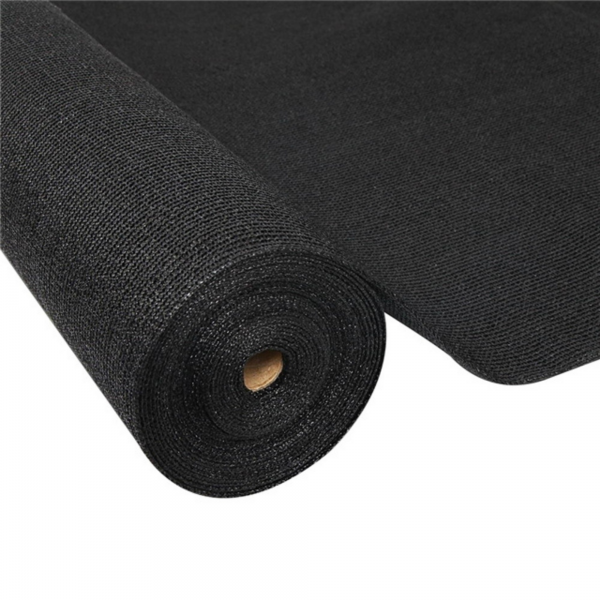A Versatile Solution for Gardening, Agriculture, and Outdoor Living
Shade cloth, also known as shade netting or sunscreen fabric, is a highly versatile and essential tool in gardening, agriculture, and enhancing outdoor living spaces. Made from a variety of materials such as polyethylene (PE), polypropylene (PP), or even more durable synthetic fibers, shade cloth provides a controlled level of shading, allowing plants and people to thrive under harsh sunlight conditions while still benefiting from natural light and airflow.
Benefits of Shade Cloth.Temperature Regulation: In hot climates, shade cloth can significantly reduce the temperature underneath, creating a more hospitable environment for plants that may otherwise struggle with excessive heat. This also helps to conserve water by reducing evaporation from the soil.Light Filtering: By allowing a controlled amount of sunlight to penetrate, shade cloth promotes healthy plant growth without the damaging effects of direct, intense sun rays. This is particularly important for seedlings, delicate flowers, and plants that prefer partial shade.UV Protection: High-quality shade cloths offer effective UV protection, safeguarding both plants and humans from harmful ultraviolet radiation. This is particularly beneficial for outdoor enthusiasts spending extended periods in direct sunlight.Pest and Disease Control: By creating a physical barrier, shade cloth can help deter certain pests and reduce the risk of fungal diseases that thrive in moist, shady conditions. However, it's important to note that excessive shading can also promote mold growth in some cases, so proper ventilation and monitoring are crucial.Versatility and Durability: Available in various shades (from 10% to 90% light blockage) and sizes, shade cloth can be tailored to suit specific needs. It is also highly durable, resistant to tearing and fading, making it a cost-effective long-term investment.

Environmental Friendliness: Many modern shade cloths are made from recyclable materials and can be reused or recycled after their service life, reducing waste and promoting sustainability.Applications of Shade Cloth.Gardening: Used to protect young seedlings, delicate flowers, and vegetables from intense sunlight and pests, shade cloth encourages even growth and improves overall plant health.Agriculture: In commercial farming, shade cloths are employed to create microclimates for crops that require specific light and temperature conditions. They are also used to extend growing seasons in cooler regions.Outdoor Living Spaces: Homeowners and landscapers use shade cloth to create shaded areas for patios, decks, and pergolas, providing a cool and comfortable retreat from the sun.Animal Shelters: For livestock and pets, shade cloth provides a protective covering from direct sunlight, helping to prevent heat stress and promoting overall well-being.Installation and Maintenance Tips.Measure Accurately: Ensure you have the correct size of shade cloth to cover your intended area, with some extra material for overlap and securing.Securely Attach: Use ropes, stakes, or other fasteners to securely attach the shade cloth to support structures, such as poles or frames.
Regular Inspection: Check for tears, fading, or wear and tear regularly, and replace or repair as necessary to maintain optimal performance.Cleaning: Depending on the material, shade cloth can be hosed down or gently cleaned with a soft brush and mild detergent to remove dirt and debris.In conclusion, shade cloth is a multi-faceted tool that offers numerous benefits for gardeners, farmers, and outdoor enthusiasts alike. By providing controlled shading and environmental protection, it fosters healthy plant growth, enhances outdoor living spaces, and contributes to sustainable practices.